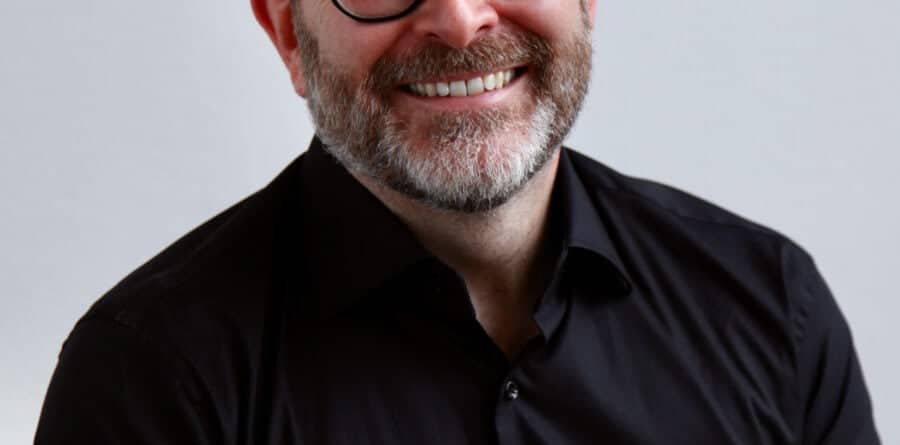22/06/2023
Flight Club reaches new heights in partnership with cleaning and hygiene firm Sybron
Contributed by Sybron
24/07/2022 - Wilson Fletcher

Every business wants to exist in the future, but the disappearance of top brands from the High Street over the past decade including Blockbusters Video, Borders, Toys R Us, Maplin, and Debenhams show that many will not.
Mark Wilson, CEO of business innovation company, Wilson Fletcher, and author of ‘Futurestate Design: How to step out of the past to create a business fit for the future’ says to survive, companies must reimagine their business serving tomorrow’s customers which requires a radical approach.
Mark advocates ‘futurestate design’ – a methodology and tools he developed from working on hundreds of programmes of transformation work with established businesses around the world. Futurestate design focuses on helping companies imagine their future business serving tomorrow’s customers and provides practical ways to achieve it.
Wilson says, “When trying to innovate, companies tend to make the same mistakes. They plan their future business by looking at their existing data, commercial results, competitors, current customers, and market research – but as these are focused on the business today not tomorrow, there will always be limitations. New thinking, fresh ideas and tools are needed.”
Mark offers five tools for companies to innovate and achieve their future state:
Look for sparks of insight – Look for the anomalies or oddities; the things that jump out for being out-of-the-ordinary. Go back to previous research and look for the single dot that sits outside the norm. Look for single insights that innovative ideas can be built on, because the fact that its outlier means it is overlooked by competitors.
Think laterally, not logically – Break away from current assumptions and pose questions that encourage lateral thinking. For example: CEOs could ask what if their low-cost, mass-market product became a small, expensive, highly targeted product? Or what if the thing they do uniquely now, was available to everyone?
Another powerful approach is for a CEO to ask how the business might replace itself. How would they create a new service or start a new company that would make their business irrelevant? Ideas that emerge from thinking laterally often project a business to a future which they look back and think “I can’t believe we do it the way we do now.”
Look at adjacent influences – Look at areas beyond the businesses’ normal domain, but relevant to future customers. Anyone or anything that might have an influence on the customers the business is trying to serve. Research modern technologies gaining traction. Look at how other services are changing how customers behave, and then imagine if that behaviour became normal in existing customers.
Talk to ‘tomorrow people’ – While CEOs should not focus on current customers when thinking about the future, they should talk to potential future customers; people who could represent their future marketplace. These conversations are likely to uncover surprising behavioural traits and unexpected issues that will impact the future business.
Invent new behaviours – Run a workshop that involves outlining the seemingly outlandish innovations that are likely to become routine at some point in the future. The goal is to let everyone enjoy a good laugh at them before revealing that they are all in active use today. E.g., trusting a robot to park/drive a car safely. This can free people up to explore possibilities and invent new behaviours.
Wilson concludes, “Using these tools businesses can unlock a genuinely robust vision of the future. Futurestate design is rarely about ‘solving a problem,’ it is about opportunity. Anticipating what could become appealing or important if people behaved or believed differently, then inventing something to capitalise on it.”
Mark Wilson is an expert in digital business strategy and innovation and CEO of Wilson Fletcher. The company works with leadership teams to design breakthrough strategies and services and embed digital-first behaviours.
Mark and the Wilson Fletcher team have helped hundreds of companies around the world (including AXA Health, NHS, British Film Institute, News UK, SNTV and LexisNexis) become strong digital businesses, building deep expertise in the challenges established companies face in the digital economy, and the radical shifts in thinking needed to overcome them.
FUTURESTATE DESIGN: HOW TO STEP OUT OF THE PAST TO CREATE A BUSINESS FIT FOR THE FUTURE | MARK WILSON | ISBN: 9781399922104 | RRP £14.99 | Available for purchase on Amazon
All articles on this news site are submitted by registered contributors of EssexWire. Find out how to subscribe and submit your stories here »